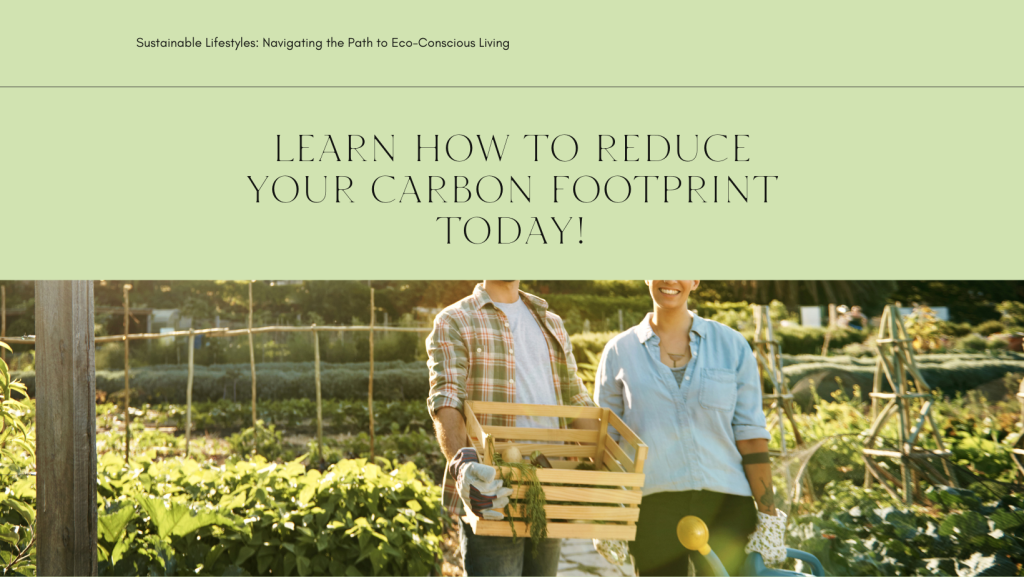Growing awareness of the effects our lifestyle decisions have on the environment and society in recent years has sparked a global movement towards eco-conscious living and sustainability. People are looking for methods to live more in line with the values of social responsibility and environmental stewardship, such as adopting plant-based diets and minimizing single-use plastics.
Adopting a sustainable lifestyle is not without its difficulties, though. It necessitates a fundamental reevaluation of consuming patterns, habits, and ideals, frequently requiring substantial behavioral and mental changes. Widespread adoption of sustainable lifestyles is further hampered by the fact that access to sustainable resources and alternatives may differ according on socioeconomic level, geography, and cultural norms.
Notwithstanding these obstacles, people have lots of chances to include sustainability into their daily lives. This could entail basic practices like recycling, composting, and cutting back on energy use at home, as well as more significant lifestyle adjustments like emphasizing ethical and environmentally friendly items, patronizing nearby companies, and pushing for neighborhood policy changes.
Individuals can be crucial agents of positive environmental and social change by cultivating a culture of sustainability and group action. We can create a more sustainable future for future generations where the decisions we make in our daily lives benefit the earth and all of its inhabitants by promoting advocacy, teamwork, and education.




